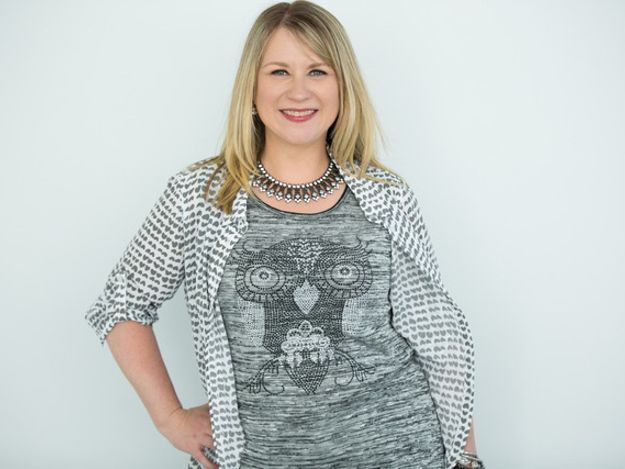dear shirley, i’m recently divorced and i find myself researching birth control methods for the first time in decades. i’m 48, in perimenopause and my periods are still fairly regular. how long will i continue to need birth control? what are my options? and is there a course on birth control for a woman in midlife?
great questions. there is definitely a gap in quality birth control education for women of all ages — so i love your idea for a course. there is a tendency in our society to focus birth control messaging on younger women, leaving out women who are navigating perimenopause-to-menopause with many of the same questions you have. you are not alone.
how long do i need birth control?
ask any woman about the benefits of post-menopause, and you are most likely going to hear that there are no more worries about becoming pregnant.
but what about women in perimenopause? there is quite a bit of confusion around contraception for women who have passed the family planning stage of life, but have not yet reached menopause.
let’s begin with a few definitions. menopause is one day. it is the 12-month anniversary of the final menstrual period. post-menopause is every day after the menopause milestone, for the rest of your life. perimenopause is the phase of life leading up to the menopause anniversary. it spans over a number of years — anywhere from five-to-fifteen — and is defined as a phase of life that includes fluctuating hormones. these fluctuating hormones can lead to changes in your period such as heavier or lighter bleeding, changes in the frequency of periods, or no changes at all — everyone is unique.
 5 minute read
5 minute read








